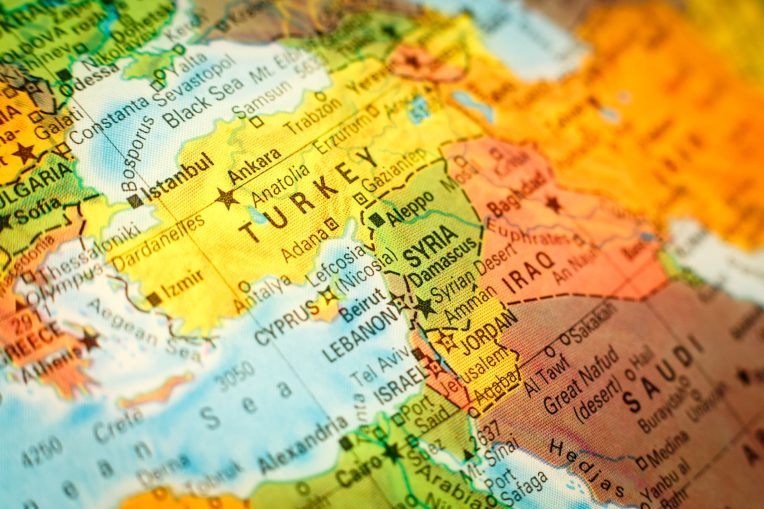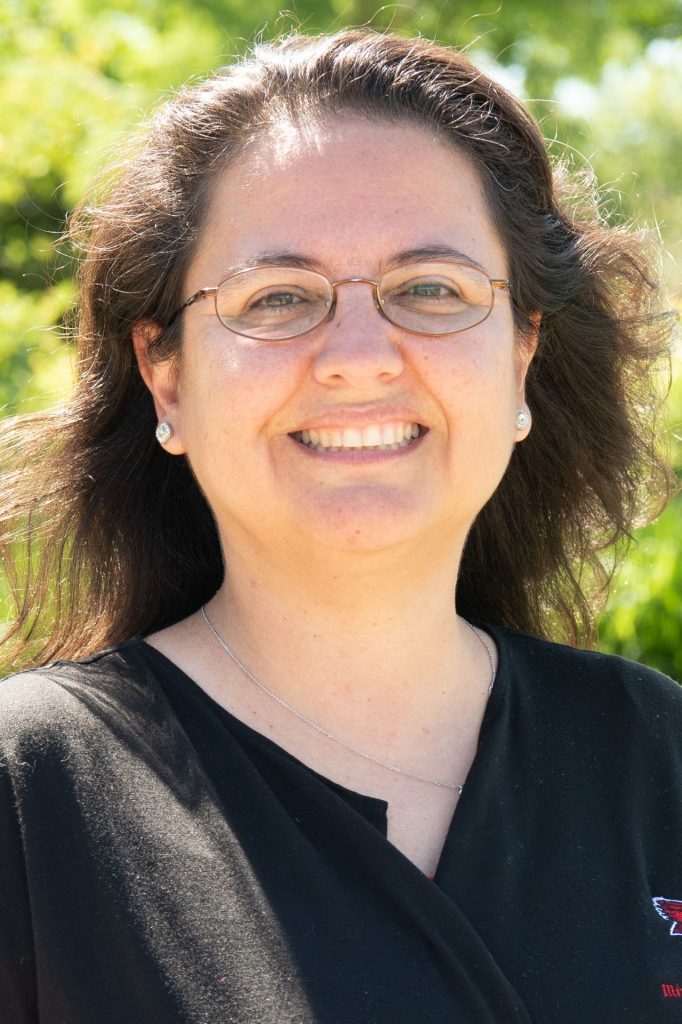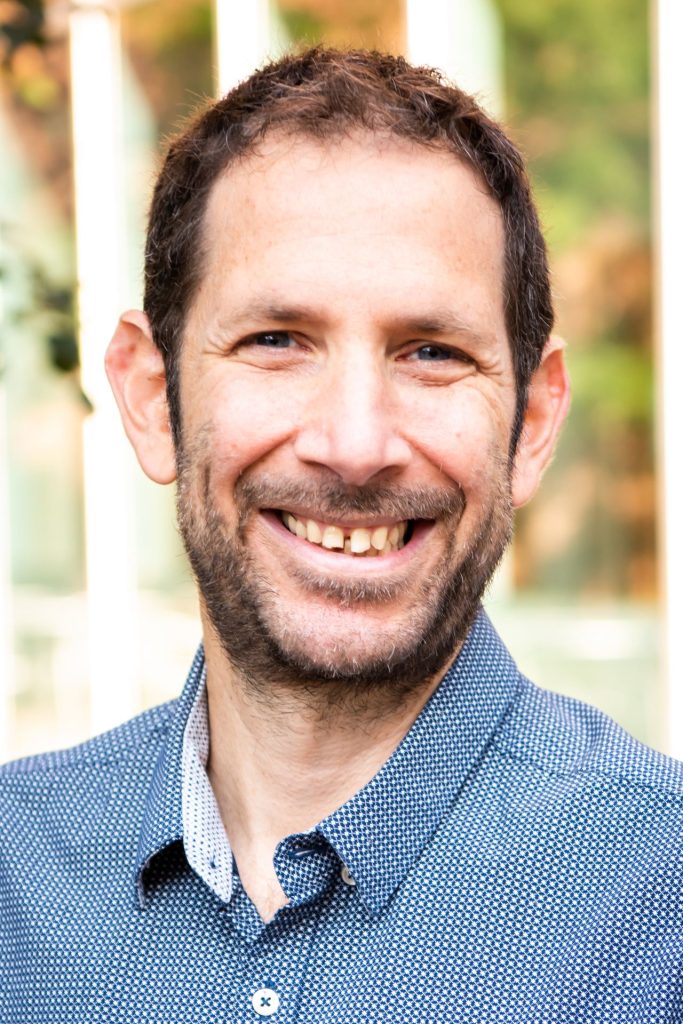Thousands of miles from the epicenter of an earthquake that has devastated parts of Turkey and Syria, emotional aftershocks are being felt in places as far away as Illinois State University’s campus.
Dozens of members of the Illinois State community have ties to the region, including Dr. Aslihan Spaulding, professor in the Department of Agriculture and interim chair of the Department of Economics. Spaulding is from Istanbul, the largest city in Turkey, approximately 500 miles from the earthquake’s epicenter. Her family and friends are all safe, she said.
“One of my friends lives closer (to the epicenter), and their house is uninhabitable, but they are alive,” Spaulding said. “It’s a miserable situation. It’s very emotional.”
Spaulding initiated a group email communication between nine Turkish faculty members at Illinois State earlier this week to share support and ideas on how to assist. One of those professors is Dr. Yusuf Sarfati, an associate professor in the Department of Politics and Government.
“The rescue efforts are ongoing. There are still some cities that are not getting the services they need,” Sarfati said. “There are many places where the efforts are not enough.”
The death toll surpassed 17,000 on Thursday. It is expected to rise. Search and rescue efforts had been underway since Monday’s magnitude 7.8 quake caused destruction in southeastern Turkey and neighboring Syria. Those efforts have been complicated by freezing temperatures and snow in the region.
Sarfati’s family and friends in Turkey are safe. He too is from Istanbul. His brother-in-law’s family is from Adana, about 130 miles from the epicenter. “Obviously, I reached out to him,” Sarfati said. “Members of the family who live in the city had a difficult time, but they are all safe.”
Illinois State has three actively enrolled students from Turkey, according to Dr. Roopa Rawjee, executive director of Illinois State’s Office of International Engagement. Rawjee’s team reached out to those students via email to offer help and resources; as of Tuesday afternoon, two had responded indicating their families were safe.
A current Illinois State student studying abroad at the University of Nicosia in Cyprus—less than 300 miles from the earthquake’s epicenter—was also reported safe on Tuesday, Rawjee said.
Spaulding said she’s felt “helpless” this week while watching events unfold on TV and computer screens but has been lifted by the support she has received from the Illinois State community.
“The whole world is trying to help, and everyone is wondering what we can do,” Spaulding said. “People here have been calling and checking on me—people who aren’t even Turkish—and I really appreciate that. People care.”
Spaulding said much of the conversation in the faculty email thread has revolved around financial support of relief organizations. Center for Civic Engagement Director Dr. Katy Strzepek is supportive of such efforts but noted that individuals should ensure the legitimacy of any organization they support. Humanitarian crises are often targeted by cybercriminals.
“We usually instruct our campus to partner with a reputable organization in the area or an international organization such as the Red Cross, Red Crescent, the International Rescue Committee, or the UNHRC (the U.N. Refugee Agency) to ensure that donations and volunteer efforts are put to good use,” Strzepek said. “It’s also important to ensure collaboration with local groups to ensure that aid sent matches the goals of the local community and goes to those who need it most.”



